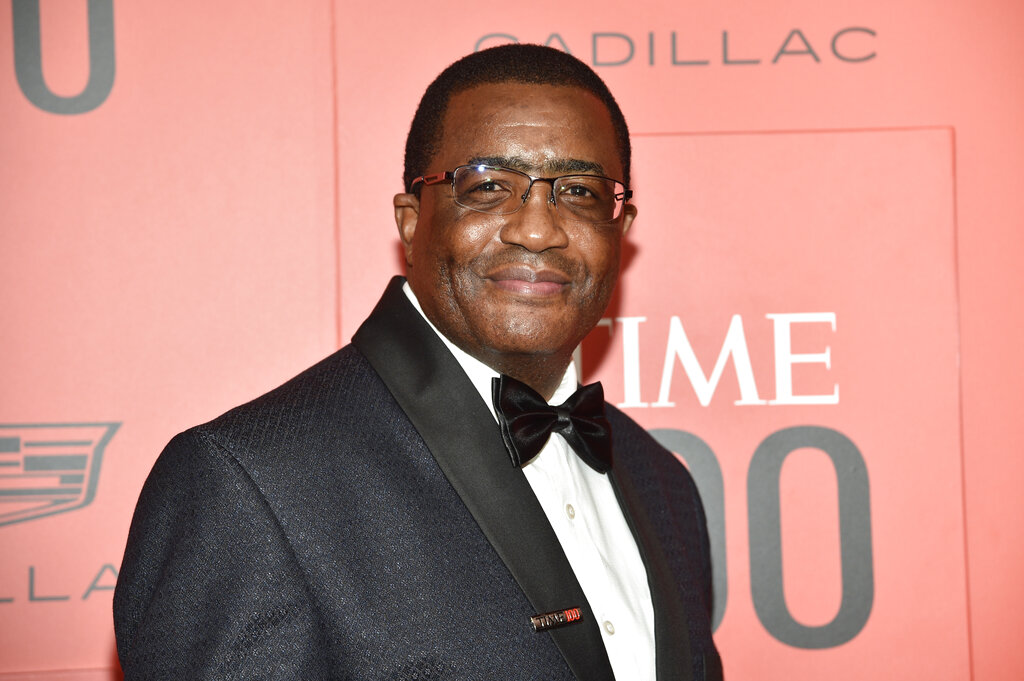Scientist Reflects on Identifying Omicron and the Turmoil that Followed
ADF STAFF
COVID-19 took Sikhulile Moyo on a roller coaster ride in late 2021.
The Zimbabwean laboratory director at the Botswana-Harvard AIDS Institute Partnership led the team that sequenced and discovered the highly infectious omicron variant in November.
Within weeks, however, the pride Moyo felt for the scientific contribution he made with his southern African colleagues turned to anger and frustration as a long list of countries slapped the region with travel restrictions.
Then, he contracted COVID-19, which led to symptoms of long COVID.
Nearly a year later, Moyo reflected on his journey in an interview with ADF.
“The response to the identification of the omicron variant showed us the triumph of collaborative science and the failure of global public health or lack of coherence in response after so many months into the pandemic,” he said.
It didn’t take long for scientists around the world to sequence their own samples and find the omicron variant was present before Moyo’s discovery was announced.
The origin of omicron remains unknown, but the damage of the subsequent travel bans left a deep mark. He points to the economic damage he saw in the region, which slowly had been reviving with tourism and other signs of normalcy.
“When you look back at how omicron has become the most dominant variant of concern in the world, it is clear that the travel bans did not make sense, but instead hurt so many economies,” he said.
When he tested positive with the omicron strain, Moyo stayed home with severe symptoms that lasted for three days.
The long COVID symptoms that followed lasted for three months and necessitated a change to his diabetes medicine in order to stabilize his blood sugar.
In May 2022, Time magazine recognized Moyo as one of its “100 most influential people of 2022.”
Dr. John Nkengasong, then-director of the Africa Centres for Disease Control and Prevention, wrote about Moyo’s discovery in a May 23 article for the magazine:
“It was a transformational moment and a shift in paradigm — one that for me symbolized that excellence in science can originate in Africa. The international response … made me reflect on what global cooperation and solidarity must look like when we fight a common threat like COVID-19.”
Today, Moyo again feels pride.
The discovery resulted in what he calls a “global awakening” to the need for scientific cooperation.
“Although it was not initially easy to deal with reactions, I look back with confidence that science and data transparency save lives,” he said.
“Ironically the world’s negative response has brought people back to the table of global public health, as the pandemic reminds us that viruses do not know borders, especially in the era where we are so connected.”
His work investigating and sequencing viral samples in Botswana continues.
“Today we speak the same language of pandemic preparedness,” he said. “We are preparing for Pathogen X.”


Comments are closed.